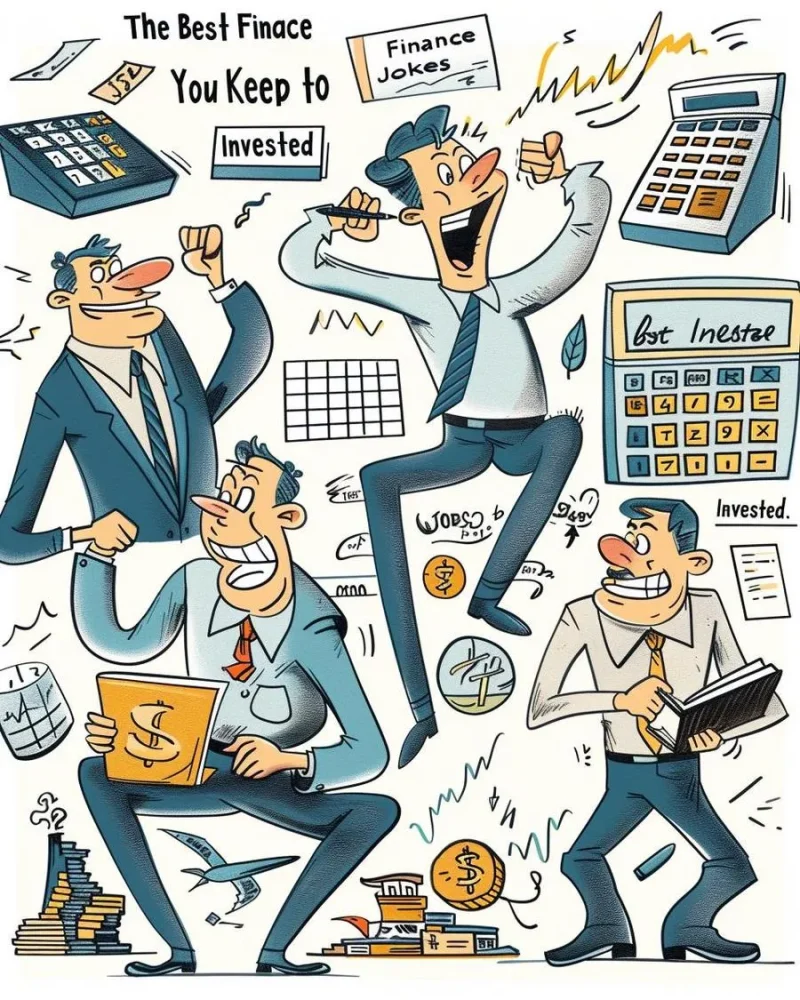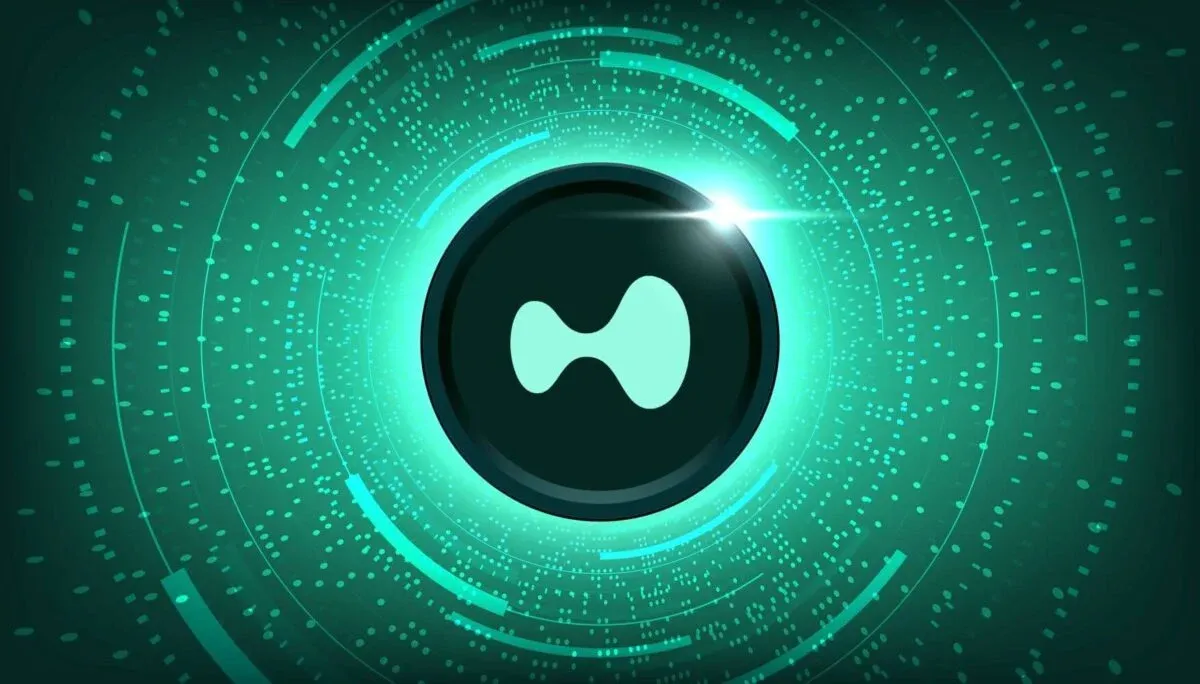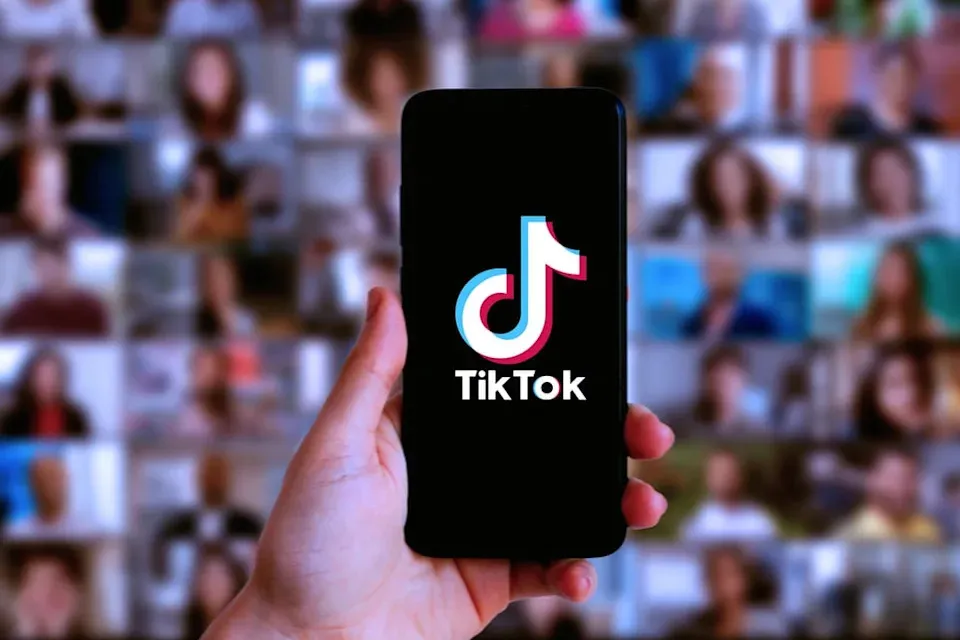Fan–Made Finance Jokes That Teach Economics
Somewhere between Reddit threads, TikTok duets, and Discord memes, a new form of economic education has emerged: the fan-made finance joke. These aren’t your textbook lessons or dry classroom models they’re bite-sized, chaotic, and oddly insightful. From “inflation be like my paycheck on a treadmill” to “the invisible hand has carpal tunnel,” these jokes reflect how Gen-Z and millennial audiences are learning macroeconomics through laughter instead of lectures. In 2025, meme culture isn’t just entertainment it’s financial pedagogy disguised as comedy.
When Humor Becomes the New Economics 101
It started as satire. Users made memes to mock market volatility, the absurdity of interest rates, or the existential dread of paying rent. But as the jokes got smarter, something fascinating happened: people began to learn. Memes became mnemonic devices humorous snapshots that turned complex economic concepts into relatable punchlines.
A meme about “liquidity” shows a trader pouring water on a keyboard. A viral TikTok series titled “My Ex is the Free Market” explains supply and demand through dating metaphors. One popular post reads, “Keynesian economics is just hangover recovery theory: spend now, regret later.” The comment section debates fiscal multipliers like it’s an improv game.
In a culture that communicates in emojis and reaction GIFs, humor has become the bridge between abstract economics and everyday experience. It’s the perfect formula: compress a theory into a joke, make it go viral, and you’ve got millions of people talking about monetary policy between memes about cats.
Reddit Professors and TikTok Economists
Reddit’s finance subcultures have long been laboratories for financial humor that accidentally becomes educational. Subreddits like r/EconomicsMemes, r/WallStreetBetsAfterDark, and r/FinanceHumor have evolved into unofficial classrooms where users explain concepts through punchlines. A recent top post compared market cycles to relationship stages: “Euphoria → Denial → Bargaining → Panic → Acceptance → Posting motivational quotes about diversification.”
Meanwhile, TikTok creators are turning finance jokes into micro-lectures. One series uses puppet theater to teach inflation. Another translates Federal Reserve announcements into Gen-Z slang (“Powell basically said rates gonna chill, but not yet, bro”). The result is financial comedy with genuine teaching power.
Even academic economists have taken notice. A few professors now assign meme analysis as part of coursework, arguing that humor reflects public sentiment better than formal surveys. “When people meme about housing prices,” one economist wrote, “they’re not joking they’re expressing lived macroeconomic data.”
The Economic Theories Behind the Punchlines
What makes fan-made finance jokes effective is their grounding in truth. The best humor works because it simplifies without distorting. A meme about “quantitative easing” that shows a printer spitting out money labeled “vibes” teaches as much about expansionary policy as a one-hour lecture.
Fan creators are repackaging classical concepts in the language of the internet. Take fiscal stimulus memes: one popular edit shows Uncle Sam handing out energy drinks labeled “aggregate demand.” Another depicts Adam Smith as a reluctant influencer, captioned “Smash that invisible hand, fam.” These jokes flatten jargon into accessible metaphors without losing their conceptual backbone.
Some even explore behavioral economics through relatable experiences. “Loss aversion is when I refuse to sell my losing crypto bag because we’ve been through too much together” might sound like comedy, but it accurately describes cognitive bias. In essence, memes have turned cognitive dissonance into classroom dialogue.
Community as Curriculum
The educational value of finance memes doesn’t come from credentials it comes from participation. Users crowdsource understanding through comments, corrections, and endless debate. A single meme about inflation can trigger discussions on money supply, fiscal responsibility, and central bank credibility.
This peer-to-peer learning model feels more authentic than traditional education. The tone is casual, the humor is biting, and the collective intelligence is real. The community polices misinformation with irony if someone posts a bad take, the memes roast them into enlightenment.
The fan ecosystem has also blurred the line between content creation and curriculum design. Platforms like YouTube and Discord now host “Memeconomics” study groups where users analyze financial memes for their underlying logic. What began as a joke has evolved into a decentralized learning system where humor and education are inseparable.
Why It Works: Emotion, Empathy, and Engagement
Finance jokes succeed as educational tools because they engage the part of learning most textbooks neglect: emotion. Humor reduces anxiety about intimidating topics. It makes money relatable, human, and even endearing. When someone laughs at a meme about inflation, they’re processing a real-world frustration through shared cultural shorthand.
In a sense, fan-made humor reclaims economics from abstraction. It transforms GDP into “Gross Domestic Panic,” monetary policy into meme content, and financial failure into collective therapy. The humor resonates because it’s born from lived experience student loans, housing crises, paycheck anxiety all reimagined as punchlines that teach while they entertain.
Conclusion
Fan-made finance jokes are doing for economics what punk rock did for music: democratizing it. They’ve turned macro theory into social storytelling, giving people without degrees the power to interpret and laugh at the financial systems shaping their lives. In a world overloaded with jargon and financial noise, humor is clarity. What began as mockery of the markets has become an accidental masterclass in modern economics. The next generation of investors may not quote Keynes or Friedman, but they’ll understand inflation, supply shocks, and credit bubbles because someone made it funny. In the digital age, the most powerful economic theory might just start with a meme.





Recent Comments